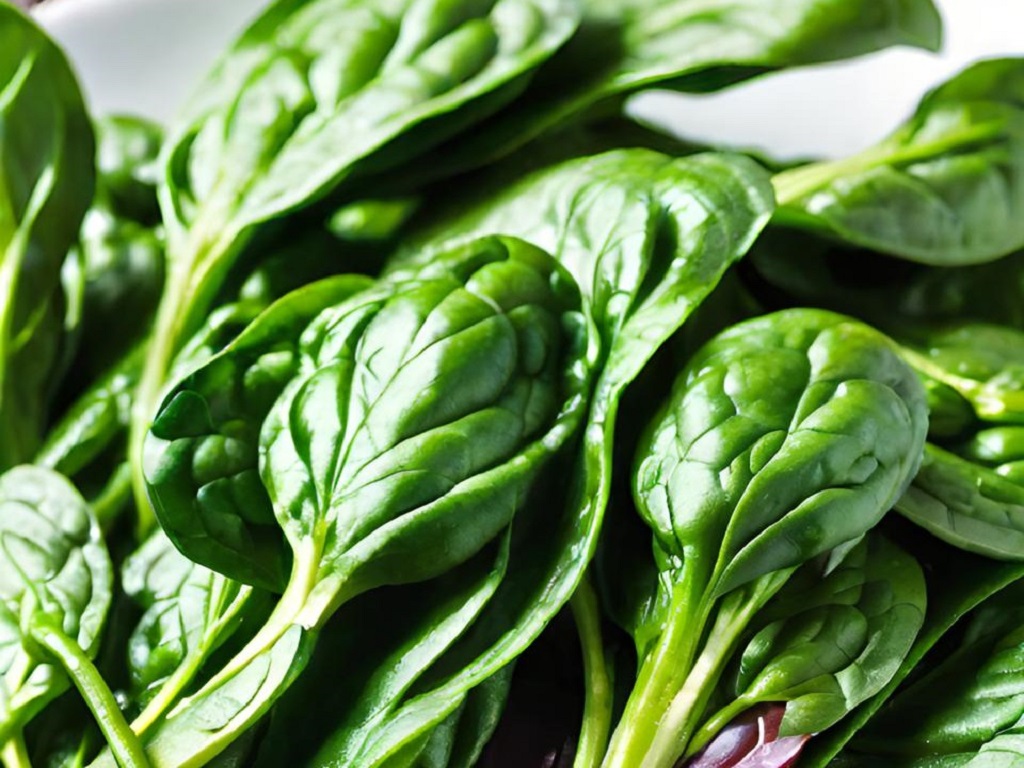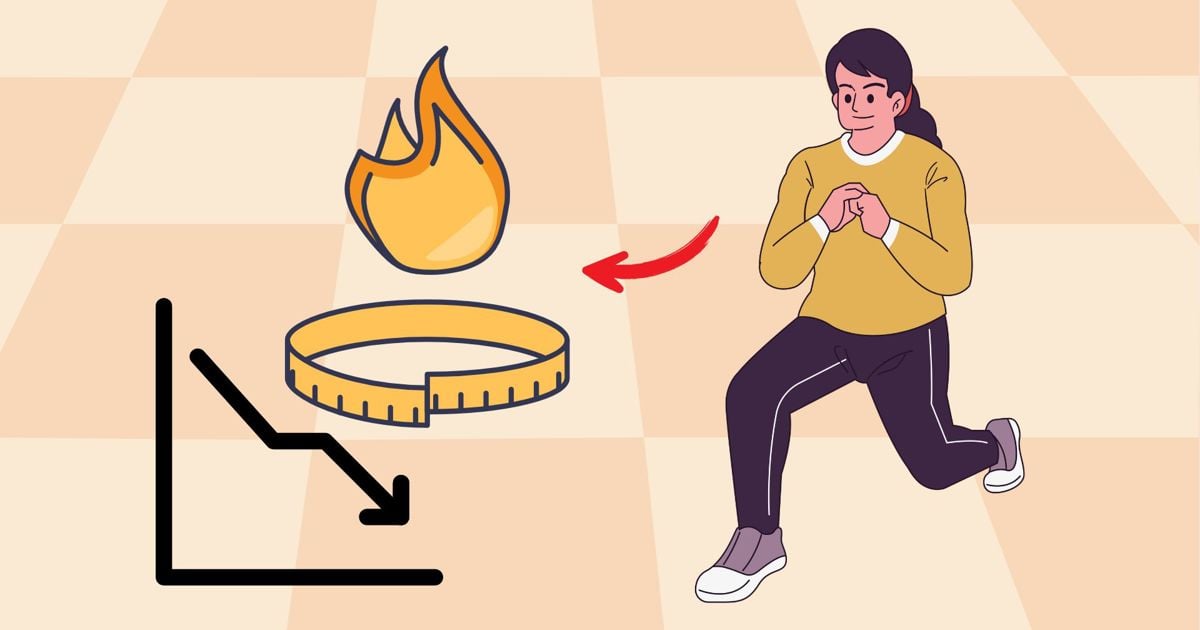'Black carrots contain powerful antioxidants and many other nutrients that can prevent heart disease and cancer.' Start your day with health news to see more of this article!
Starting the day with health news , readers can also read more articles: Why can laser light shining into the eyes cause blindness?; What vegetables should you eat when you want to lose weight and lower blood pressure?; What happens to your body if you walk too much?...
Strange juice helps prevent heart disease and cancer
Carrots are commonly known for their orange color. However, not everyone knows that carrots also come in black. These carrots contain powerful antioxidants and many other nutrients that can prevent heart disease and cancer.
Cardiovascular disease and cancer are among the diseases that pose the greatest threat to human health. To prevent these two diseases, diet and exercise play a very important role. In the diet, regularly drinking black carrot juice can prevent these two dangerous diseases at the same time.

Black carrots contain antioxidants such as anthocyanins, polyphenols, and carotenoids that help prevent heart disease and cancer.
Black carrots are actually purple carrots, but the purple is so deep that it almost looks black. A study published in the journal Applied Food Research found that black carrots contain very high levels of anthocyanins and polyphenols, two powerful antioxidants.
Anthocyanin is the substance that creates the characteristic purple-black color of black carrots. The strong antioxidant properties of anthocyanin help lower blood pressure and reduce plaque formation on the arterial walls. In addition, anthocyanin also neutralizes free radicals, reducing cell damage. Less damaged cells also mean a lower risk of cancer.
Meanwhile, polyphenols have the effect of reducing inflammation and the development of cancer cells. Many research evidences show that polyphenol antioxidants act as a poison to cancer cells. Therefore, the activity of polyphenols has the effect of preventing the development of tumors. The following content of this article will be on the health page on January 19.
What vegetables should you eat if you want to lose weight and lower blood pressure?
Vegetables are a good source of vitamins, minerals, and many other beneficial nutrients. In particular, vegetables are rich in fiber but low in calories. Many vegetables are extremely suitable for people who want to lose weight and regulate blood pressure at the same time.
Weight gain and high blood pressure are closely linked. An unhealthy diet leads to increased body fat. A larger body weight forces the heart to work harder to pump blood throughout the body, nourishing more tissues, leading to increased blood pressure.

Spinach contains nutrients that can help with weight loss and lower blood pressure.
Losing weight will bring many health benefits, including blood pressure. To both lose weight and control blood pressure, people should regularly eat the following foods:
Spinach. Spinach is one of the best options for people who are trying to lose weight and lower their blood pressure at the same time. This vegetable is rich in potassium, calcium, and magnesium. These are minerals that help regulate blood pressure naturally.
In addition, spinach also provides a lot of fiber, helping to bring a feeling of fullness for a long time, limiting appetite. The low amount of calories in spinach helps you maintain a good calorie-controlled diet.
Kale. When it comes to weight loss and blood pressure regulation, kale is a superfood. Kale is rich in fiber, vitamin K, vitamin C, and calcium. Vitamin K helps protect bone health and is necessary for blood clotting. Vitamin C helps improve blood vessel function and strengthens the immune system. Potassium in kale helps balance sodium levels in the body, reducing the risk of high blood pressure. The next content of this article will be on the health page on January 19.
What happens to your body if you walk too much?
Walking is a simple exercise that improves cardiovascular health, strengthens muscles and promotes mental health.
However, like any activity, too much walking can lead to physical stress, joint strain, and even long-term damage.
While walking is often considered a low-impact exercise, overuse can lead to discomfort and health problems that should not be ignored .

Although walking is often considered a low-impact exercise, overuse can lead to discomfort and health problems that should not be ignored.
Signs you're walking too much. Persistent fatigue, heaviness, or pain in your legs, calves, or feet can be a sign that your body isn't recovering enough between walks.
Walking for long periods of time or on uneven surfaces can put stress on your joints, especially your knees, hips, and ankles. Watch for sharp or persistent pain in these areas.
While occasional blisters and calluses are normal for walkers, frequent or recurring blisters and calluses can be a sign of overuse or wearing improper footwear.
Walking for long periods of time, especially on hard surfaces, can cause fluid to build up in the feet and ankles, leading to swelling.
Walking too much can strain your lower back, especially if you walk with poor posture or carry heavy objects. Start your day with health news to see more of this article!
Source: https://thanhnien.vn/ngay-moi-voi-tin-tuc-suc-khoe-loai-cu-giup-phong-benh-tim-ngua-ung-thu-185250118234936196.htm



![[Photo] Unique folk games at Chuong Village Festival](https://vstatic.vietnam.vn/vietnam/resource/IMAGE/2025/4/10/cff805a06fdd443b9474c017f98075a4)


![[Photo] Prime Minister Pham Minh Chinh chairs meeting to discuss tax solutions for Vietnam's import and export goods](https://vstatic.vietnam.vn/vietnam/resource/IMAGE/2025/4/10/19b9ed81ca2940b79fb8a0b9ccef539a)
![[Photo] Phuc Tho mulberry season – Sweet fruit from green agriculture](https://vstatic.vietnam.vn/vietnam/resource/IMAGE/2025/4/10/1710a51d63c84a5a92de1b9b4caaf3e5)






















































































Comment (0)